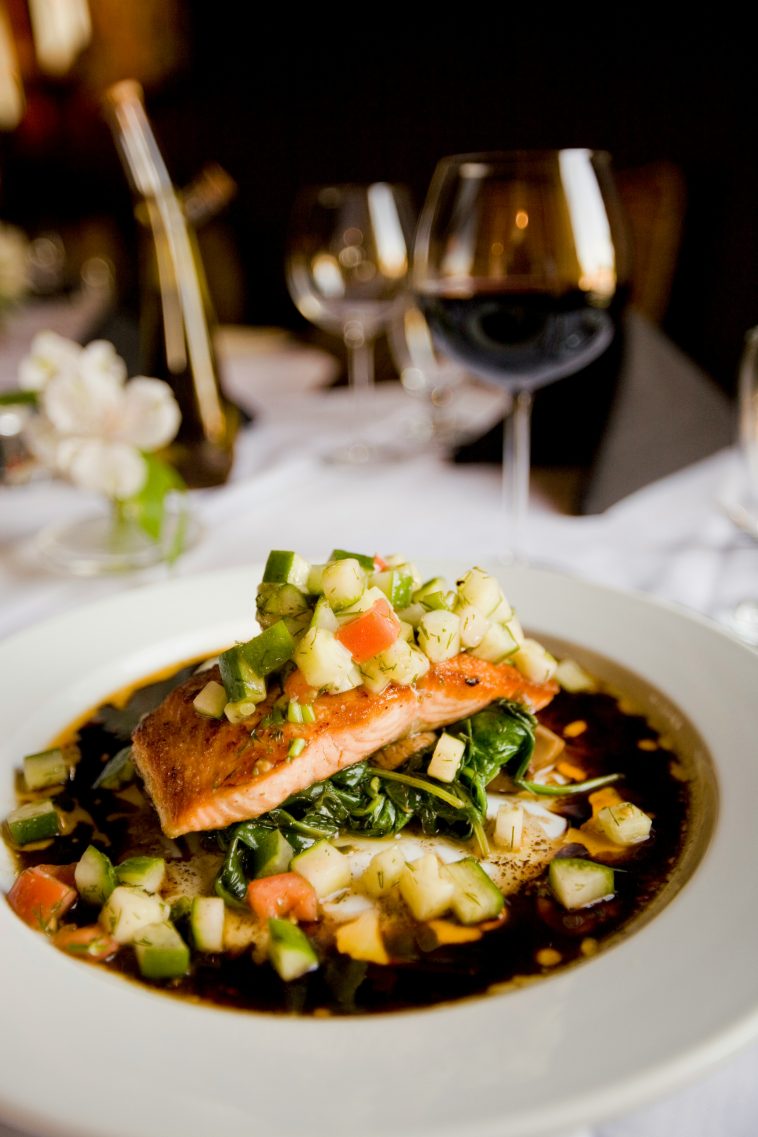Introduction:
French foie gras, renowned for its luxurious taste and velvety texture, stands as a symbol of culinary excellence deeply rooted in tradition. However, behind its gastronomic allure lies a complex tapestry of ethical debates and evolving attitudes toward animal welfare. This article explores the multifaceted landscape of foie gras in France, examining its historical significance, production methods, ethical considerations, and the ongoing discourse surrounding its consumption.
Historical Significance:
Foie gras has been part of French culinary culture for centuries, with its origins dating back to ancient civilizations. In medieval times, monastic communities played a pivotal role in refining production techniques, elevating foie gras to a delicacy fit for royalty and nobility. Over time, it became a cherished tradition associated with festive celebrations, haute cuisine, and the art of French gastronomy.
Production Methods:
Central to foie gras production is the controversial practice of gavage, in which ducks or geese are force-fed to enlarge their livers. While this method has been practiced for generations and is integral to achieving the desired taste and texture of foie gras, it has faced criticism from animal welfare advocates. Proponents argue that when conducted responsibly, gavage does not cause harm to the animals and is essential for producing high-quality foie gras.
Ethical Considerations:
The ethical debate surrounding foie gras production revolves around questions of animal welfare and humane treatment. Critics contend that force-feeding constitutes animal cruelty and causes unnecessary suffering to the birds. In response to these concerns, some producers have implemented alternative methods, such as ethical gavage or free-range farming, aimed at prioritizing animal welfare while maintaining the integrity of foie gras production.
Contemporary Debates:
In recent years, foie gras has become the subject of heightened scrutiny and public debate, both within France and internationally. Animal rights activists have called for bans on foie gras production, citing ethical concerns and advocating for alternative sources of protein. However, defenders of foie gras argue that it is an integral part of French culinary heritage and culture, and efforts to ban its production infringe upon cultural traditions and gastronomic freedom.
Culinary Tradition and Innovation:
Despite ethical controversies, foie gras remains a beloved ingredient in French cuisine, prized for its versatility and depth of flavor. Chefs continue to push the boundaries of culinary creativity, incorporating foie gras into a wide range of dishes, from classic terrines and pâtés to innovative desserts and fusion cuisine. The enduring popularity of foie gras underscores its status as a cornerstone of French gastronomy, inspiring chefs to explore new culinary horizons while honoring tradition.
Conclusion:
French foie gras occupies a complex and contested space within the culinary world, balancing tradition, ethics, and contemporary debates. While deeply ingrained in French culture and cuisine, its production methods have sparked ethical controversies and raised questions about animal welfare. As the industry grapples with these challenges, the quest for more humane and sustainable practices will be essential in ensuring the continued enjoyment of foie gras while respecting ethical considerations and preserving culinary heritage.

